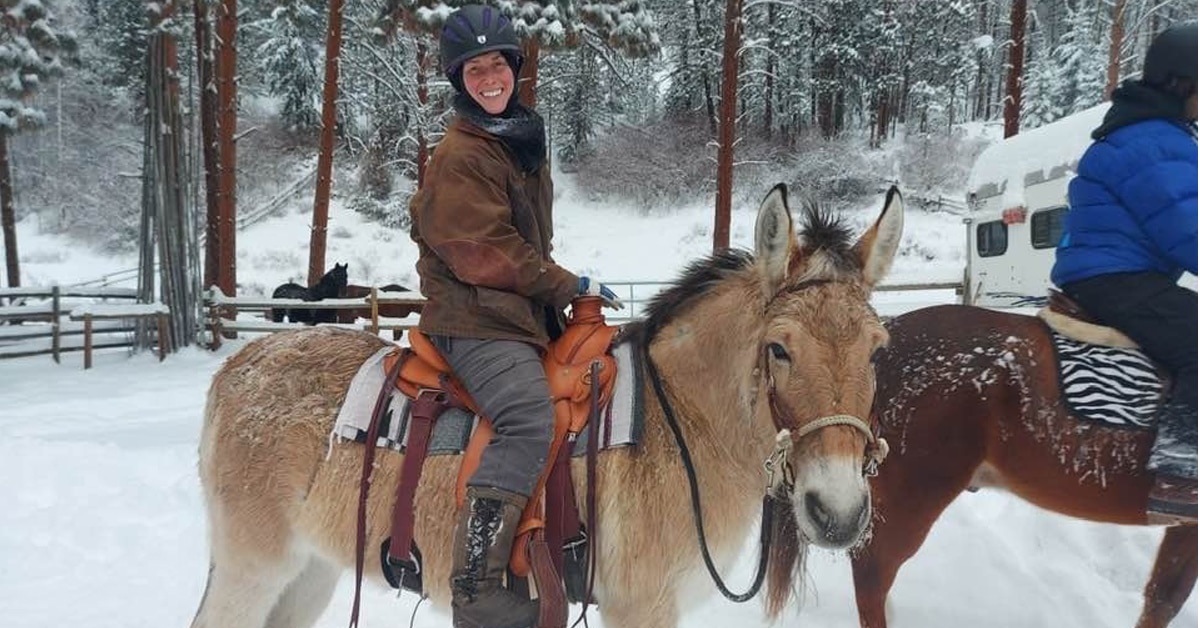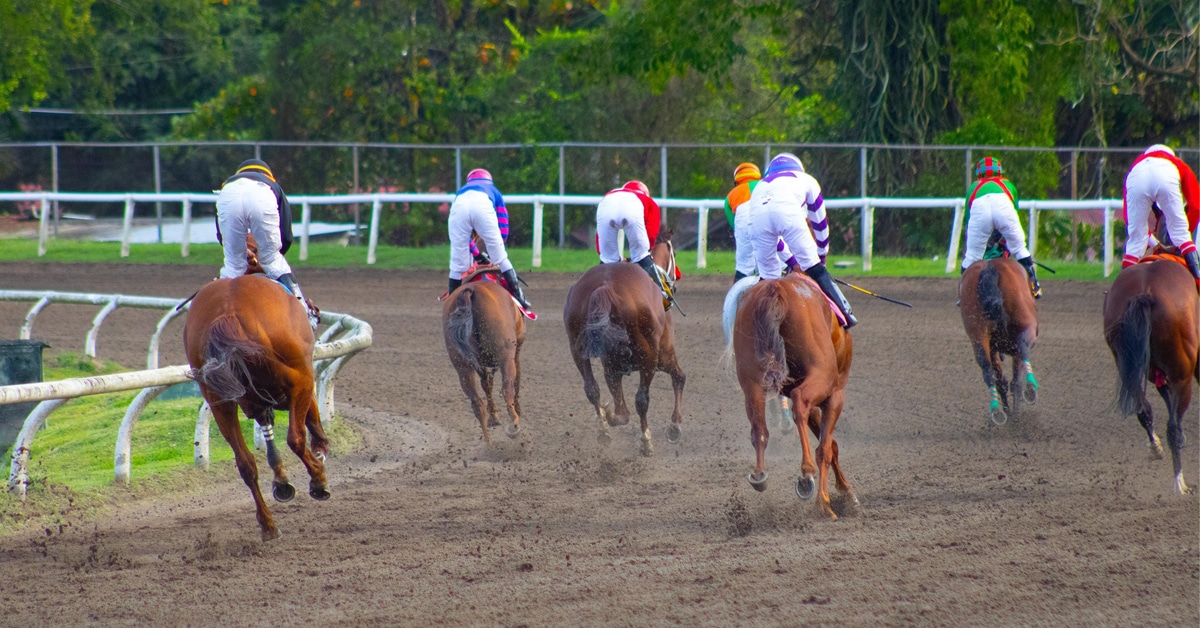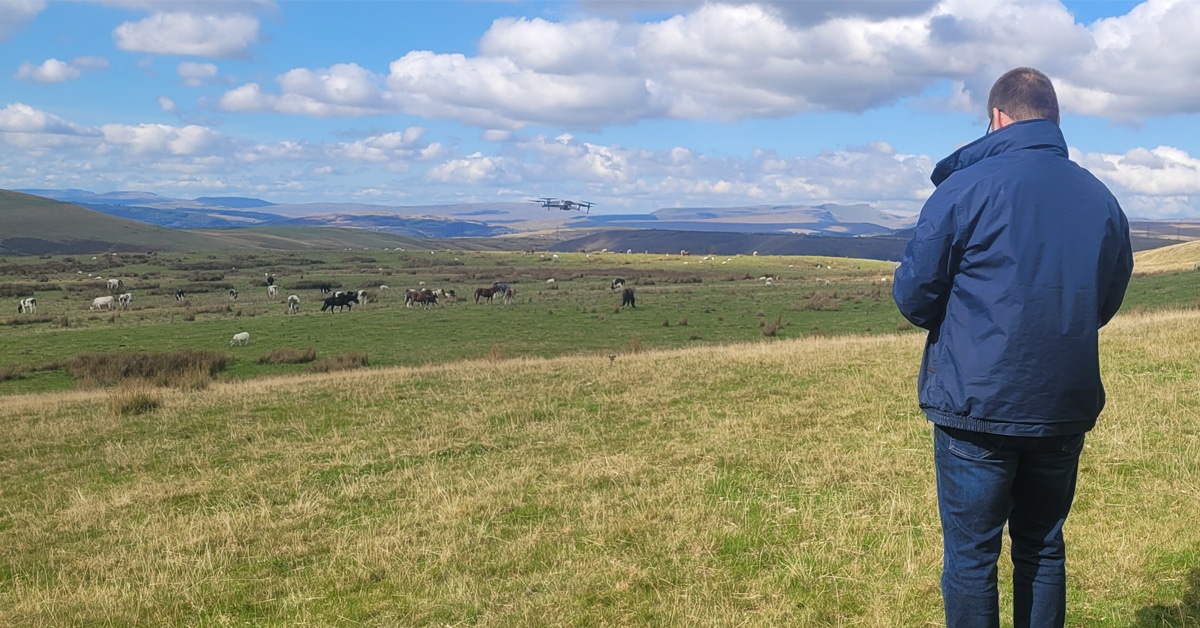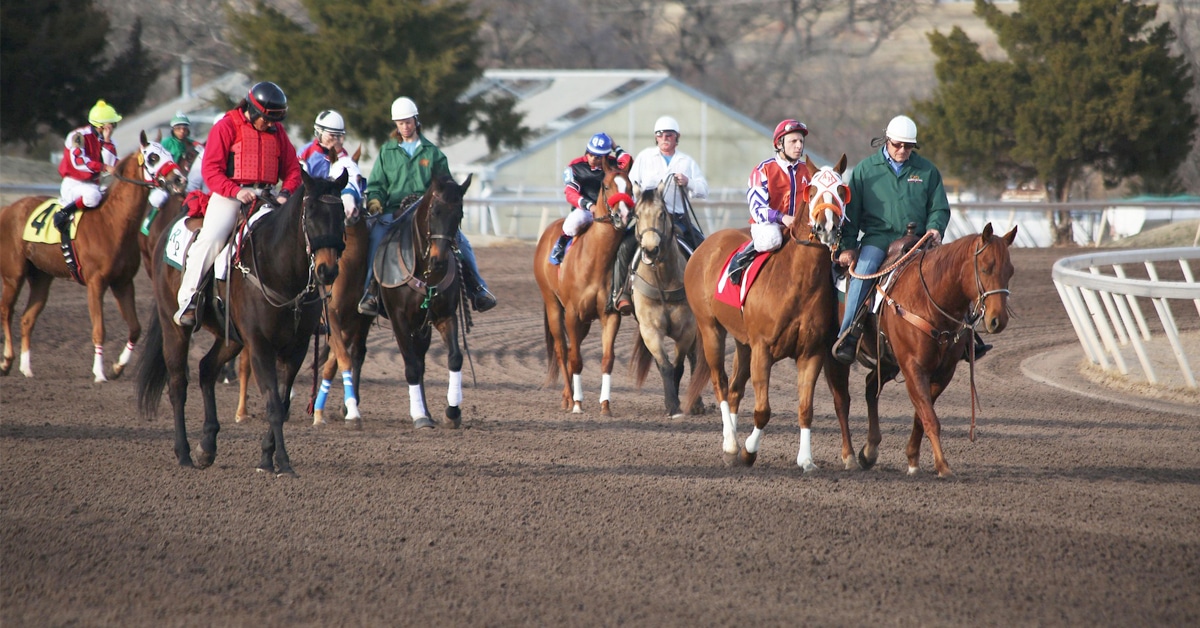Any dog owner can tell you that their canine friends respond to sweet baby talk in one way, and to a stern tone in quite another. It’s not what you say, but how you say it, that affects a dog’s reaction.
A new study has shown that the same can now be said of horses (and pigs). The research came out of the University of Copenhagen and demonstrated that domesticated horses and pigs, and wild boars and horses, are able to tell the difference between negative and positive sounds from their own species ‒ and from humans, too.

Elodie Mandel-Briefer
The study was part of a larger project investigating the evolution of vocal expression of emotions in ungulates (four-legged hoofed animals). “We were wondering if all the species we tested express emotions in the same way, and if as such, they can discriminate emotions in each other’s calls (across species),” explains Elodie Mandel-Briefer, a behaviourial biologist and associate professor at the University of Copenhagen and an author of the study. “We were also interested by whether domestication has had an effect on vocal expression of emotions.”
The researchers also wanted to learn about the potential of “emotional contagion” in animals, which means a sort of mirroring of emotion. According to the study, this type of reaction is seen as the first step towards empathy.
“Should future research projects clearly demonstrate that these animals mirror emotions, as this study suggests, it will be very interesting in relation to the history of the development of emotions and the extent to which animals have an emotional life and level of consciousness,” adds Mandel-Briefer.
“Their emotions are a large part of their welfare, so knowing how we influence them while talking to them is crucial.”
The researchers decided to study horses and pigs since there is already a lot of research on dogs out there. As pigs and horses, like dogs, have long been domesticated and are in daily contact with humans, there were reasons to think that they also shared some abilities with their canine counterparts. “This is already common knowledge for horses, but less for pigs,” says Mandel-Briefer. “Their emotions are a large part of their welfare, so knowing how we influence them while talking to them is crucial.”
Another reason was the researcher’s interest in the effect of domestication, and pigs and horses have some close wild relatives (wild boars and Przewalski’s horses) which could be easily tested for comparison. They did consider cows, but their wild counterpart, the bison, proved to not be ‘big talkers’ and the researchers were unable to gather enough vocalizations in emotional contexts.
Researchers in this study tested domestic pigs with wild boar calls, and vice versa, and horses with Przewalski’s horse calls, and vice versa. Audio recordings were played to all groups using human actors’ voices speaking gibberish that mimicked positive and negative emotions ‒ “meaningless speech mimicking anger and fear as negative emotions, and joy and amusement as positive emotions,” Mandel-Briefer explains.
The animals reacted more strongly ‒ generally faster ‒ when they heard a negatively-charged (angry or aggressive) voice first, compared to having a positively-charged (happy or friendly) voice played to them first.
The animals’ behavioral reactions were recorded using several indicators from previous studies such as ear position and movement, or lack thereof. “The results showed that domesticated pigs and horses, as well as Asian wild horses, can tell the difference, both when the sounds come from their own species and near relatives, as well as from human voices,” explains Mandel-Briefer in the published study.
The animals reacted more strongly ‒ generally faster ‒ when they heard a negatively-charged (angry or aggressive) voice first, compared to having a positively-charged (happy or friendly) voice played to them first. In certain situations, they even seemed to mirror the emotion to which they were exposed. This would seem to prove the emotional contagion, or mirroring, part of the theory.
“We were surprised in particular that Przewalski’s horses, which haven’t been domesticated, or maybe very briefly based on recent genetic research can discriminate between positive and negative human voices,” says Mandel-Briefer. “We also found that in their overall response (independently of the emotion), domestic and wild horses respond as much to each other’s whinnies, and less to human voice. This suggested that the structure of whinnies is similar enough between domestic and Przewalski’s horses to warrant a species-specific response.”
The findings also showed that domestic and Przewalski’s horses reacted more strongly (domestic horses reacted faster and Przewalski’s horses spent more time walking and less time standing), when they heard negative sounds first, followed by a positive sound after one minute, independent of whether it was a domestic horse, wild horse or human voice. However, the negative and positive sounds were only separated by one minute of silence (for practical reasons), and the researchers did not find any specific difference in the response to negative versus positive sounds on their own. The difference came in the order in which the sounds were played.
So if a negative sound played first (human or animal), the test subject would react more strongly than if a positive sound was played first. That also mean that if the animal heard a positive voice first, even if it is followed by a negative one, they would react less strongly to the whole sequence.
At the end of the study the researchers concluded that the best theory to explain the horse’s behaviour is the phylogeny hypothesis, which is that animals perceive emotions in the human voice because some parameters have been shared throughout evolution.
Concludes Mandel-Briefer,“Basically, the main takeaway message is that the way we speak to our animals influence their emotions. So speaking to a horse with a more positive voice should make them more relaxed, while speaking them with a more negative voice might stress them more.”
So our equines actually do respond to horse whispering!
The Latest









